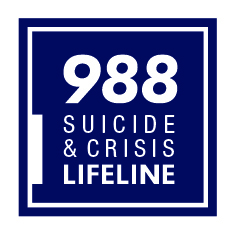What is disruptive behavior?
Any behavior that interferes with students, faculty or staff and their access to an appropriate and/or safe educational or work environment is considered disruptive. It is important to note that disruptive behavior as defined in this section may differ from classroom disruptions.
Examples of disruptive behavior include but are not limited to:
• Behavior that draws inappropriate attention to oneself
• Verbal outbursts (e.g., arguing, yelling, screaming)
• Words or actions that intimidate or harass others
• Words or actions that cause others to fear for their personal safety
• Threats of physical assault or violence
What steps should I take?
Disruptive behavior should not be ignored. It is important to remain calm. Remind yourself that the person is upset about the situation – not with you. Tell the person that such behavior is inappropriate and that there are consequences for failing to alter or improve the disruptive behavior. Many disruptive situations involve anger. Recognize that the period of peak anger usually lasts 20-30 seconds. Often it is best to wait out the initial outburst before addressing the individual. If you feel threatened, seek to remove yourself from the situation or secure appropriate assistance.
The DOs
- DO call 911 if there is an immediate threat to the safety of individuals.
- DO actively listen to the person, through the anger.
- DO acknowledge the feelings of the individual.
- DO allow the person to vent and to tell you what is upsetting to him/her. Use the silence to allow the person to talk it out.
- DO set limits. Explain clearly and directly what behaviors are acceptable (e.g., “I am willing to speak with you as long as you lower your voice”) and not acceptable (e.g., “You have a right to be angry but breaking things is not OK”).
- DO be firm, steady, direct and honest, but also compassionate.
- DO trust your intuition.
- DO focus on what you can do to help resolve the situation.
- DO suggest resources (see enclosed campus card); make personal referrals when possible, and call ahead to brief the person.
- DO report the behavior to the leadership in your administrative unit or academic department.
- DO consult with a campus resource (see enclosed campus card). If in doubt, contact your supervisor or chair/director.
The DON’Ts
- DON’T ignore the disruptive behavior.
- DON’T interrupt, particularly during the first 20-30 seconds of peak anger.
- DON’T minimize the situation.
- DON’T enter into an argument or shouting match.
- DON’T blame, ridicule or use sarcasm.
- DON’T touch or become physical.
- DON’T ignore your own limitations.





